Meta description: Find out how to get rid of beetles with DIY beetle removal methods. Discover effective, natural DIY methods for getting rid of beetles in your home and garden.
Beetles can be a trouble in your home or garden, whether they’re damaging food supplies, furniture, or even wooden structures. Many homeowners try DIY beetle removal methods as a first line of defence. Using natural remedies like essential oils, diatomaceous earth, and bait traps can be effective for small infestations, helping you manage the beetle problem without harsh chemicals.
Now, let’s explore a few DIY solutions to get rid of beetles naturally. Remember, for severe infestations, don’t hesitate to contact a pest control professional.

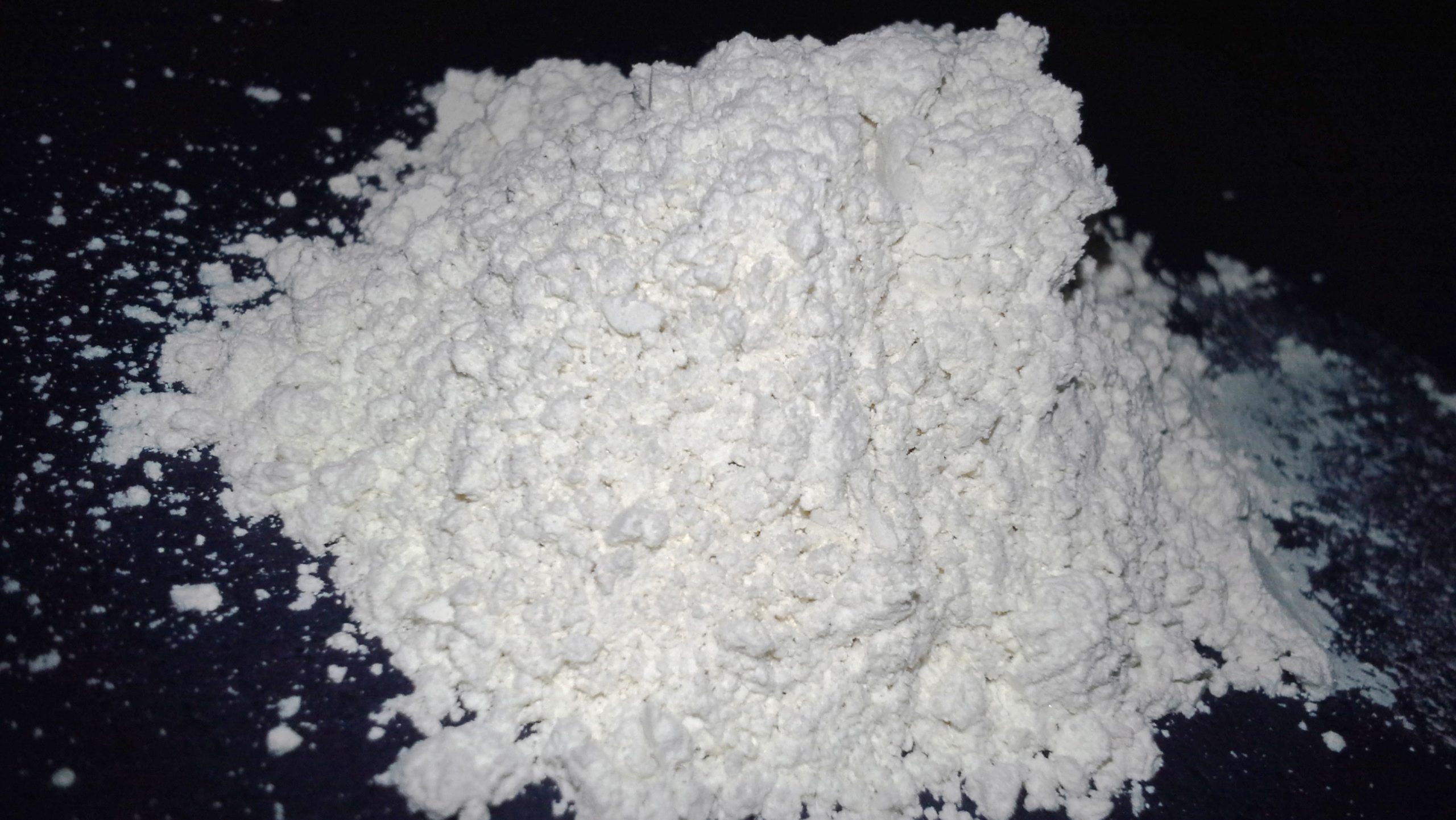



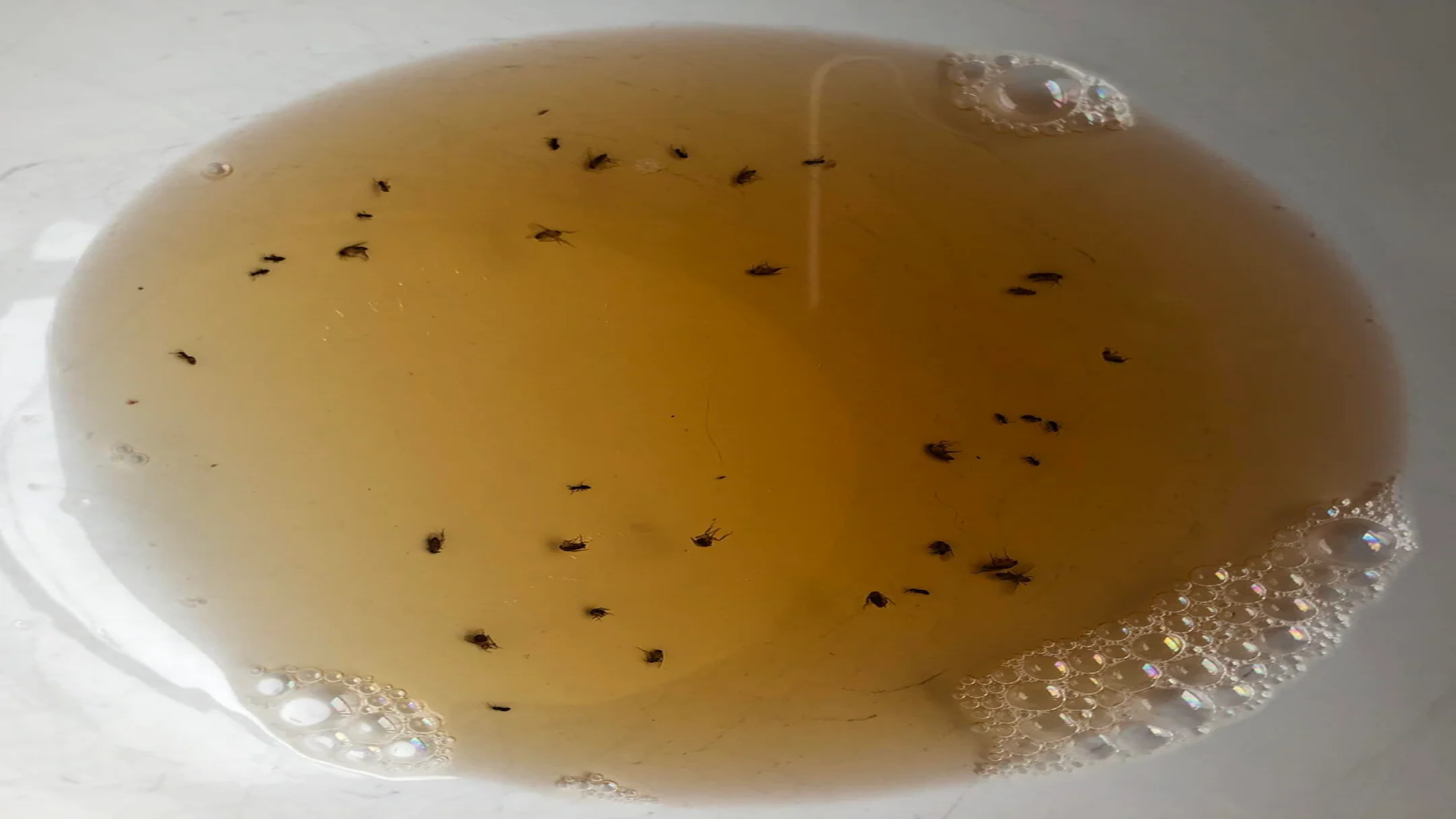

 Now that we know how to get rid of beetles, let us understand more about their behavior.
Now that we know how to get rid of beetles, let us understand more about their behavior.
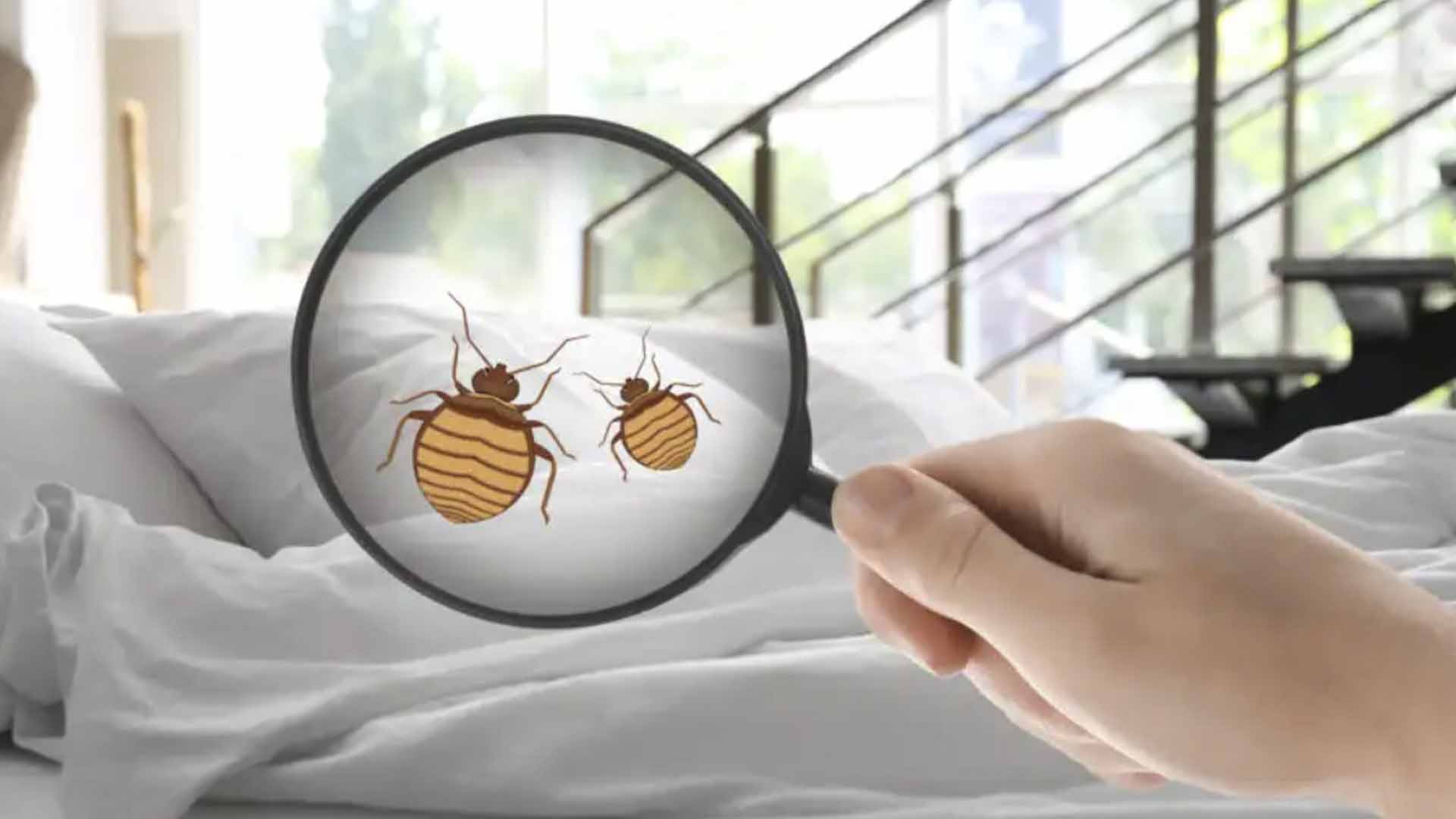 Fabric-damaging beetles, like carpet beetles, consume natural fibers like wool and silk, causing damage to clothing, rugs, and furniture.
Recognising the signs of an infestation in the initial stage can save you from extensive damage. Visible adult beetles, tiny exit holes in wood, chewed fabrics, and infested food are all red flags.
Fabric-damaging beetles, like carpet beetles, consume natural fibers like wool and silk, causing damage to clothing, rugs, and furniture.
Recognising the signs of an infestation in the initial stage can save you from extensive damage. Visible adult beetles, tiny exit holes in wood, chewed fabrics, and infested food are all red flags.
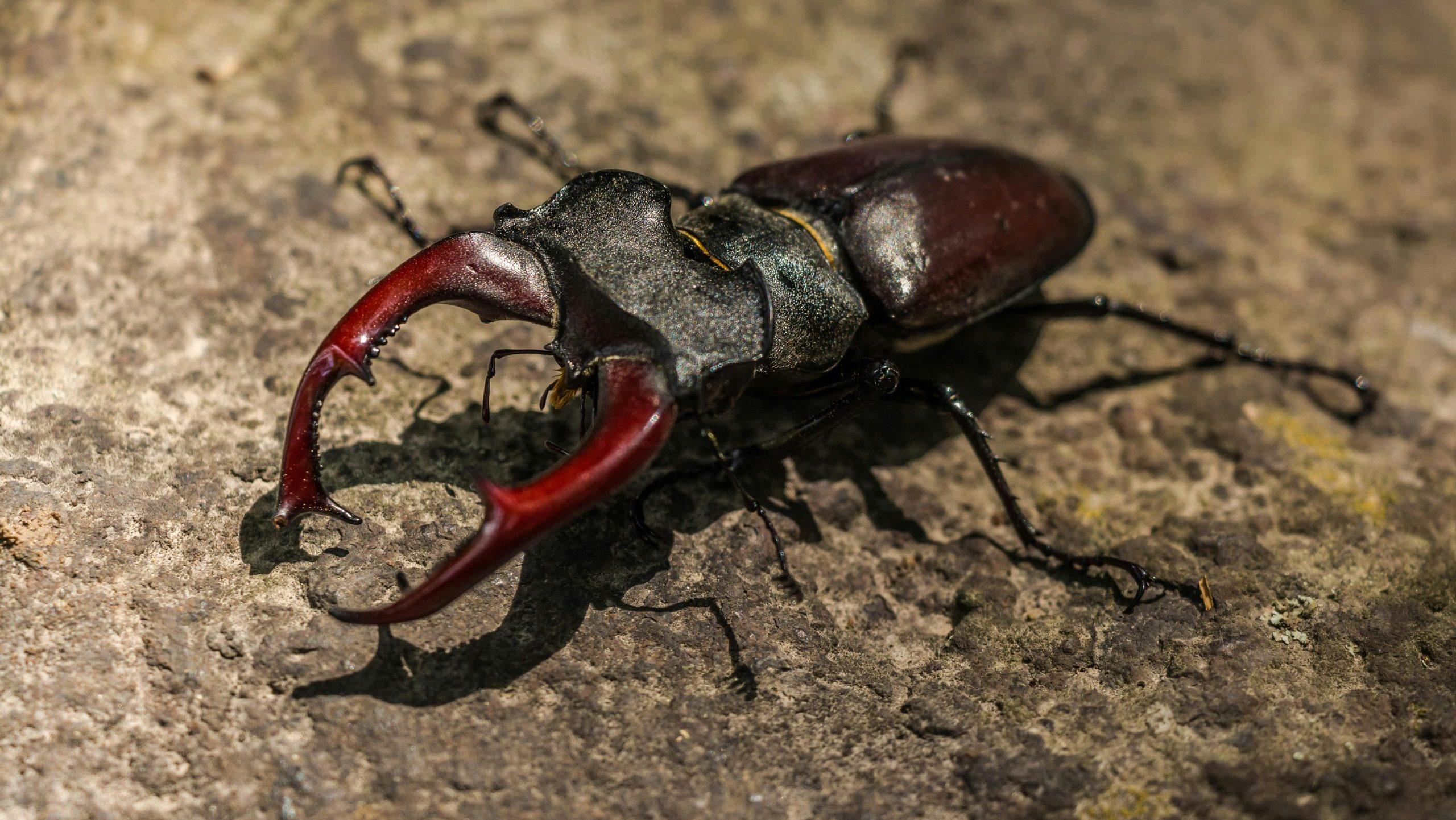
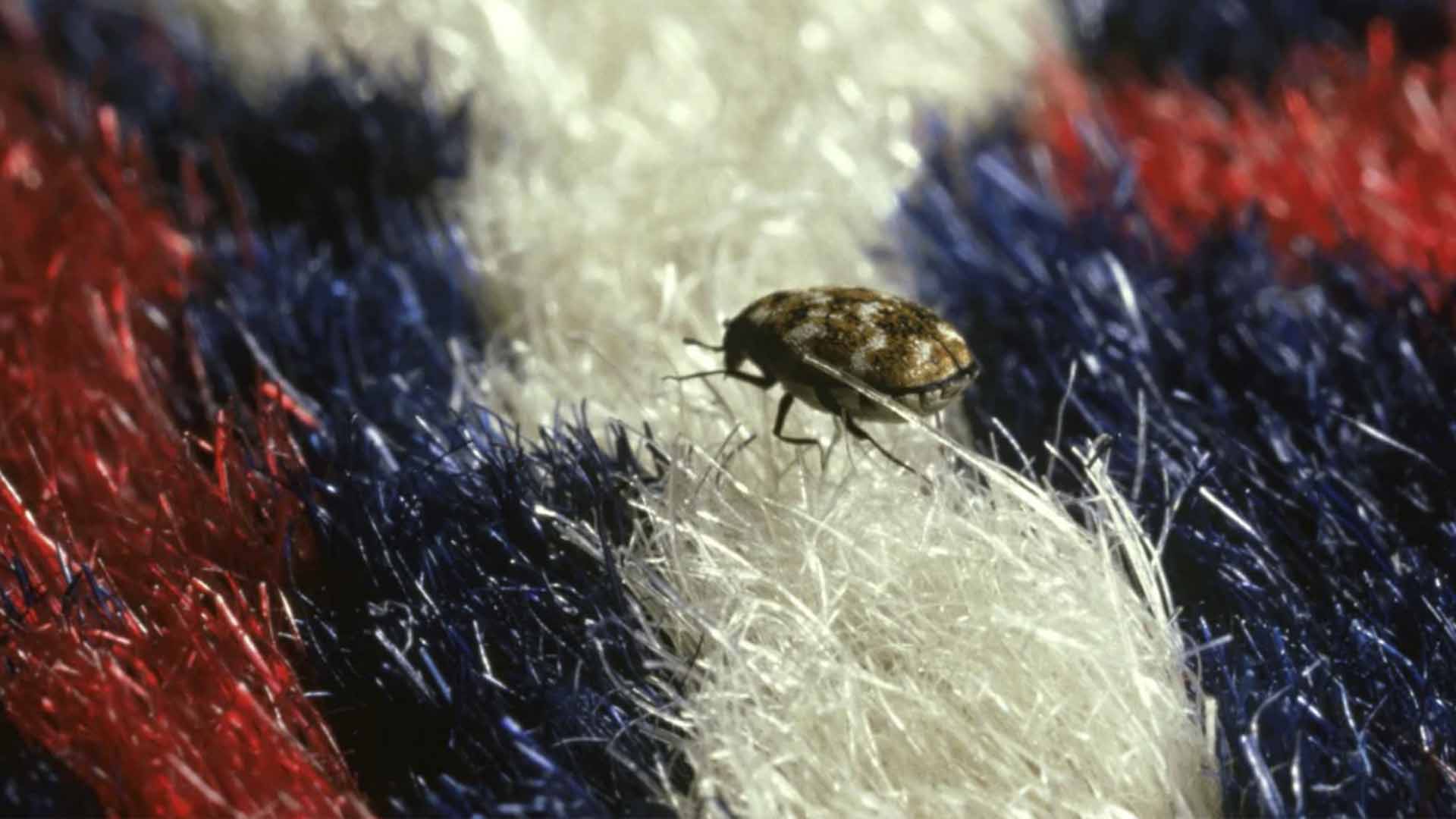 Now, we need to understand when there is a need to contact a professional pest control service.
Now, we need to understand when there is a need to contact a professional pest control service.
How to Get Rid of Beetles: Effective DIY Beetle Removal
Tea Tree Oil Spray
Tea tree oil is a natural insecticide and repellent, killing beetles on contact while keeping them away with its strong scent.
INGREDIENTS
-
 20 drops of tea tree oil (100% pure)
20 drops of tea tree oil (100% pure)
-
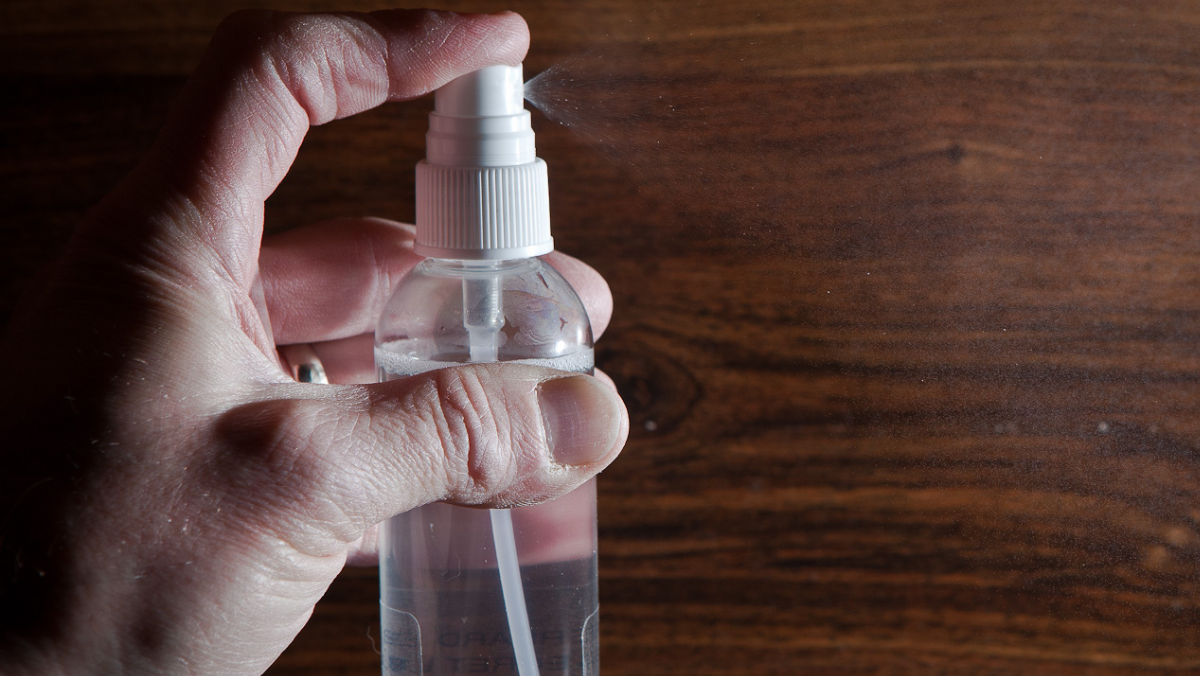 1 cup of water
1 cup of water
-
 Spray bottle
Spray bottle
INSTRUCTIONS
Step 1
- Fill a spray bottle with 1 cup of water.
Step 2
- Add 20 drops of tea tree oil to the water and shake well.
Step 3
- Spray the mixture directly on beetles and around entry points, windows, doors, and baseboards.
Step 4
- Reapply daily until beetles are no longer visible.
BEST USE
-
Effective for Repelling and Killing: This method works well for repelling beetles and killing them on contact, especially in areas where you can directly target the pests.
Note
If the infestation persists after repeated use, contact a professional pest control service to handle hidden beetle nests.Diatomaceous Earth Treatment
Diatomaceous earth (DE) is a natural powder known to kill beetles by damaging their exoskeletons, causing them to dehydrate and die.

Not getting a solution?
Get your free pest control estimate today!INGREDIENTS
-
 Food-grade diatomaceous earth (DE)
Food-grade diatomaceous earth (DE)
-
 Gloves (optional)
Gloves (optional)
-
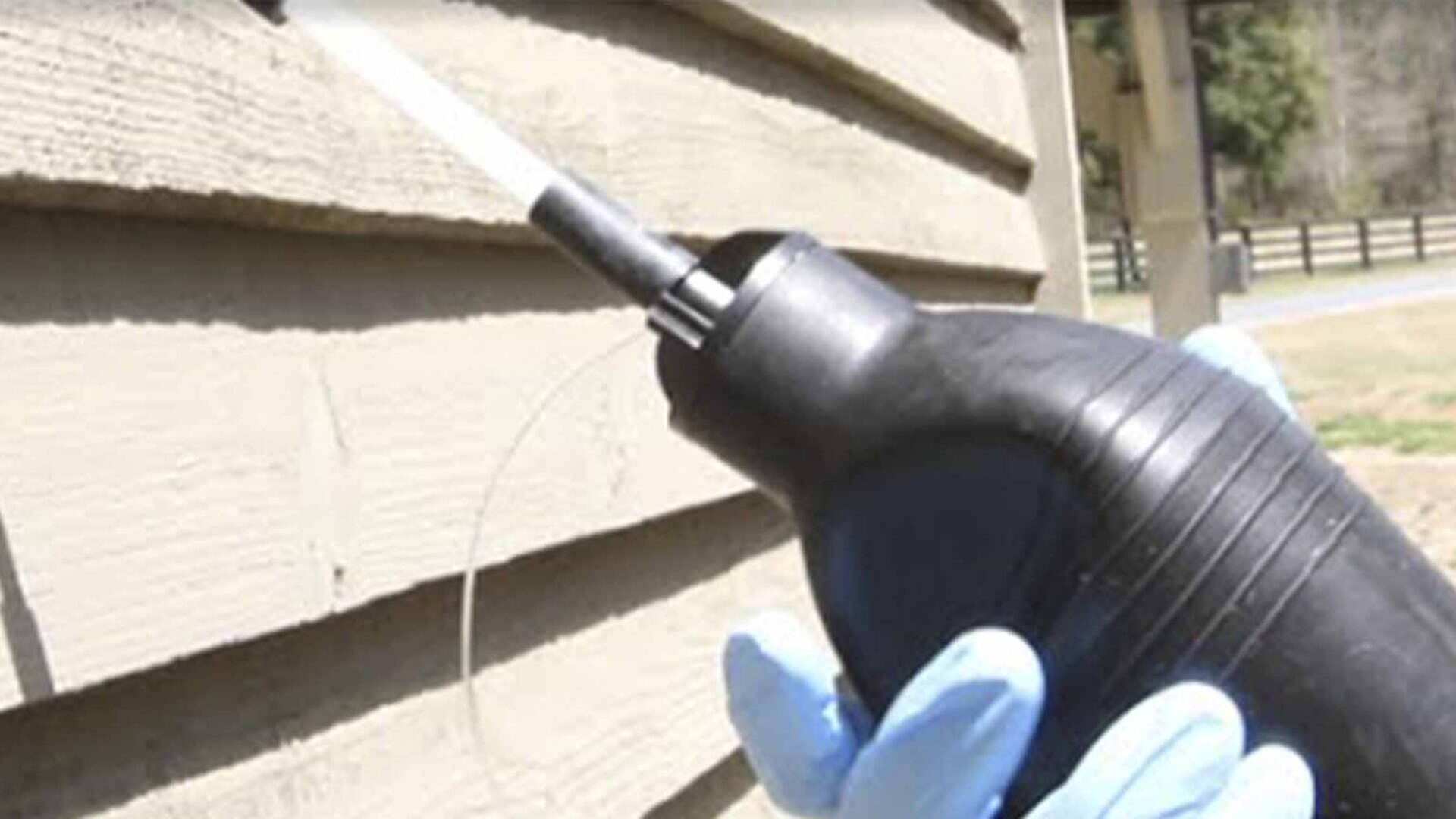 Dust applicator (optional)
Dust applicator (optional)
INSTRUCTIONS
Step 1
- Clean the area where the beetles are present to expose more surfaces.
Step 2
- Lightly sprinkle diatomaceous earth in areas where beetles are active, such as baseboards, under furniture, and in cracks.
Step 3
- Leave the DE in place for several days to a week to allow it to work.
Step 4
- Vacuum up the DE after a few days, and immediately dispose of the vacuum bag outside.
Step 5
- Reapply if necessary, especially if beetles are still visible.
BEST USE
-
Effective for Long-Term Management: DE works best when kept dry and can be used for long-term pest control management.
Note
For large infestations that aren’t fully resolved with DE, it’s time to contact a pest control service for a thorough inspection and treatment.Peppermint Oil Spray
Peppermint oil is a strong natural repellent that works to keep beetles out of your home.
INGREDIENTS
-
 10 drops of peppermint oil
10 drops of peppermint oil
-
 1 cup of water
1 cup of water
-
 Spray bottle
Spray bottle
INSTRUCTIONS
Step 1
- Add 10 drops of peppermint oil to a spray bottle filled with 1 cup of water.
Step 2
- Shake well to mix the oil and water.
Step 3
- Spray the mixture around baseboards, windows, door frames, and other areas where beetles are frequently seen.
Step 4
- Reapply as needed to keep beetles away.
Note
Use this spray as a daily treatment to prevent beetles from returning to your home. Persistent beetle infestations may require a professional pest control solution to fully eliminate the problem.Vinegar Spray
Vinegar is an effective natural cleaner that can kill beetles and disrupt their trails, making it difficult for them to find their way back into your home.
INGREDIENTS
-
 White vinegar
White vinegar
-
 Spray bottle
Spray bottle
INSTRUCTIONS
Step 1
- Fill a spray bottle with undiluted white vinegar.
Step 2
- Spray the vinegar directly on beetles and in areas where they are likely to hide, such as cracks, baseboards, and window frames.
Step 3
- Repeat this process daily until the infestation is under control.
Note
This method is effective for daily use in small infestations. If you’re still seeing beetles after several treatments, contact a professional pest control service for a comprehensive solution.Baking Soda and Sugar Bait
This bait attracts beetles with sugar and kills them with baking soda, which disrupts their digestive system.
INGREDIENTS
-
 1 tablespoon of baking soda
1 tablespoon of baking soda
-
 1 tablespoon of sugar
1 tablespoon of sugar
INSTRUCTIONS
Step 1
- Mix equal parts baking soda and sugar in a small container.
Step 2
- Place the mixture in areas where beetles are active, such as near entry points or along baseboards.
Step 3
- Reapply the bait if needed, especially if the beetles consume it.
Note
Ideal for small infestations, this bait works well as part of a larger DIY pest control plan. For larger beetle problems or if this bait isn’t effective, consider reaching out to a professional pest control service.Lemon Juice Spray
Lemon juice’s high acidity makes it a great natural beetle repellent, and it also destroys the scent trails that beetles use to navigate.
INGREDIENTS
-
 Juice of 3–4 lemons
Juice of 3–4 lemons
-
 1 cup of water
1 cup of water
-
 Spray bottle
Spray bottle
INSTRUCTIONS
Step 1
- Squeeze the juice from 3–4 lemons and mix it with 1 cup of water.
Step 2
- Pour the mixture into a spray bottle.
Step 3
- Spray around baseboards, window frames, and cracks where beetles are likely to enter.
Step 4
- Reapply the spray daily or as needed.
Note
This solution is best for repelling beetles from returning to your home and destroying their scent trails. For large infestations, this DIY method may not be enough. Contact a professional pest control service for an effective long-term solution.Understanding Beetles and Their Behavior
Beetles are one of the largest insect orders, with thousands of species worldwide. In North America alone, there are over 25,000 beetle species, each exhibiting different behaviours, life cycles, and preferences for food and shelter. Beetles undergo a four-stage life cycle: egg, larva, pupa, and adult. During the larval stage, many beetles cause the most damage, especially when infesting wood, food products, or fabrics. Different beetles are attracted to different environments. Wood-boring beetles, such as powderpost beetles, attack wooden furniture and structures, leaving behind tiny exit holes and frass (wood shavings). Pantry beetles, including grain beetles and cigarette beetles, infest food storage areas and can contaminate large amounts of stored food. Fabric-damaging beetles, like carpet beetles, consume natural fibers like wool and silk, causing damage to clothing, rugs, and furniture.
Recognising the signs of an infestation in the initial stage can save you from extensive damage. Visible adult beetles, tiny exit holes in wood, chewed fabrics, and infested food are all red flags.
Fabric-damaging beetles, like carpet beetles, consume natural fibers like wool and silk, causing damage to clothing, rugs, and furniture.
Recognising the signs of an infestation in the initial stage can save you from extensive damage. Visible adult beetles, tiny exit holes in wood, chewed fabrics, and infested food are all red flags.
DIY Beetle Control for Homes
Once beetles have entered your home, taking quick action is key to avoiding severe damage. DIY methods for getting rid of beetles vary depending on the type of beetle, but most follow these basic steps.How to Control Different Types of Beetles
-
Pantry Beetles: Start by thoroughly cleaning the pantry and discarding all infested food. Vacuum shelves and crevices to remove larvae and eggs, then wipe surfaces with vinegar as a natural deterrent. Store food in airtight containers to prevent re-infestation.
-
Fabric Beetles: Vacuum carpets, rugs, and upholstery thoroughly. Wash infested fabrics in hot water. Use essential oils like lavender or peppermint to repel beetles, or apply diatomaceous earth to kill larvae and beetles naturally.
-
Wood-Boring Beetles: Treat infested wood with boric acid, which kills larvae and adults over time. For small wooden objects, use heat treatment in an oven at low temperatures. Sand and seal the wood after treatment to prevent future infestations.
Beetle Control in the Garden
Beetles such as Japanese beetles and cucumber beetles can wreak havoc on gardens. Knowing how to tackle these pests using DIY beetle control methods will protect your plants from damage. One effective approach is hand-picking the beetles off plants, especially during the early morning when they are less active. Dropping the beetles into soapy water will kill them immediately. Another natural solution is neem oil, which is highly effective in controlling garden pests. Spraying neem oil onto plants interferes with the beetle’s life cycle, preventing them from reproducing. Beetle traps, which use pheromones to lure beetles, are another option, though they can sometimes attract more beetles to the area. For best results, place traps away from your garden to divert beetles away from your plants. Additionally, companion planting can help naturally repel beetles. For instance, plants like garlic, chrysanthemums, and marigolds deter many types of beetles.
Preventing Future Beetle Infestations
Once you’ve managed to eliminate beetles from your home or garden, it’s essential to implement preventive measures to ensure they don’t return. Prevention is often easier and more effective than dealing with a full-blown infestation. Reducing moisture levels in your home is one of the most important steps in preventing wood-destroying beetles. Many beetles thrive in damp environments, so addressing leaks, improving ventilation, and using dehumidifiers in areas like basements and attics can make your home less attractive to them. Sealing cracks around windows, doors, and foundations will also help keep beetles from entering your home. For pantry beetles, proper food storage is crucial. Keep dry goods in sealed containers and regularly inspect food items for any signs of infestation. Clean your pantry regularly to remove any crumbs or food particles that might attract beetles. In the garden, keep plants healthy by pruning regularly and removing dead plant material that can attract beetles. Regularly check your plants for early signs of beetle damage, and use natural repellents like neem oil or essential oils to keep beetles away. Now, we need to understand when there is a need to contact a professional pest control service.
Now, we need to understand when there is a need to contact a professional pest control service.





